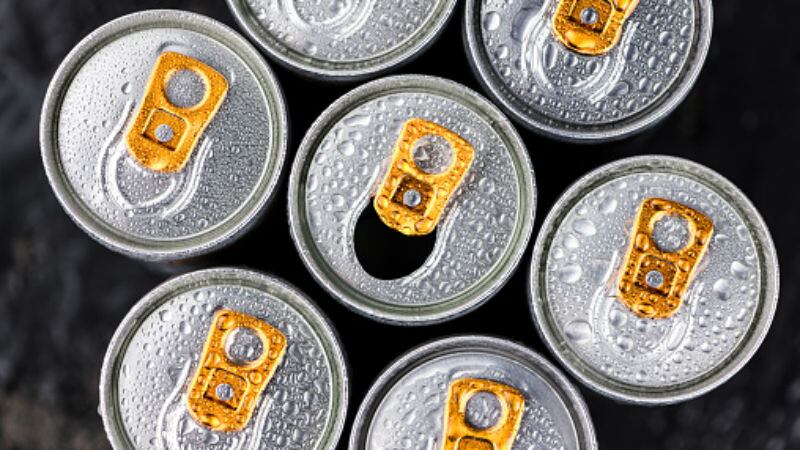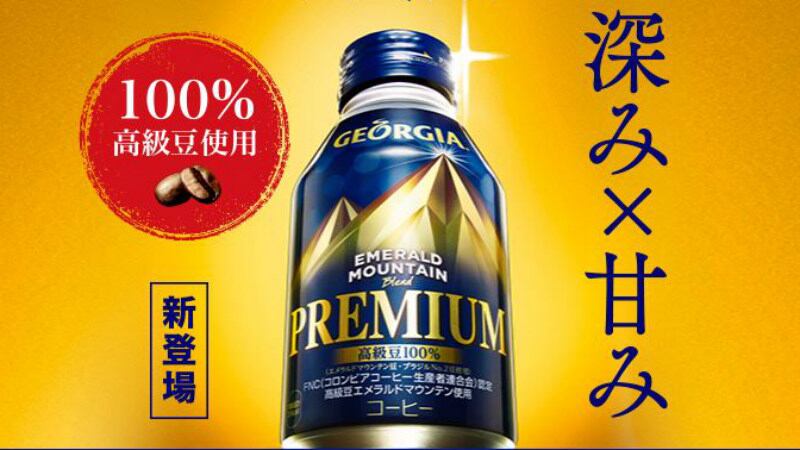The ban was triggered by the death of 21-year-old Lachlan Foote due to caffeine toxicity after consuming a teaspoon of pure caffeine powder in a protein shake. Foote’s father posted a viral post on Facebook which drew thousands of likes and shares, and likely drove the government into quick action.
The Australian Minister for Youth and Sport Richard Colbeck and Minister for Health Greg Hunt had requested FSANZ to launch an investigation into the safety of caffeine powders and high caffeine content products after Foote’s death, spanning ‘current regulations and permissions for use, the need for appropriate warning labels and preliminary recommendations for strengthening regulations and consumer warnings’.
FSANZ CEO Mark Booth responded with a full report earlier this year, offering condolences to Foote’s family and laying out five recommendations to support ‘safe decisions regarding caffeine consumption’ and ‘minimising access to high risk pure caffeine’.
These included: Full prohibition of the retail sales of pure and highly concentrated caffeine food products; developing a maximum limit of caffeine in foods; a consumer information campaign on safe caffeine consumption; developing guidance on regulating products with pure or high caffeine concentrations; and conducting targeted research on caffeine consumption across Australia and New Zealand.
The ministers approved all recommendations, and the first of these has recently been implemented, whereby the FSANZ Code has been amended to prohibit the retail sale of pure and highly concentrated caffeine food products.
“Lachlan Foote’s death was an absolute tragedy and our Government is determined to prevent something like this occurring again,” Minister Colbeck said in a formal statement after the ban was announced.
“The dangers of pure caffeine powder cannot be underestimated.”
As per the official FSANZ order on the website, pure and highly concentrated caffeine products are foods in which caffeine is present at a concentration of 5% or greater (solid or semi-solid non-liquid foods) or 1% or greater (liquid foods).
Colas and energy drinks safe
FSANZ has been careful to make special mention via documents on its website that non-alcoholic drinks, particularly widely consumed items such as colas and energy drinks, have not been affected by these changes.
“Caffeine as an ingredient in cola beverages and formulated caffeinated beverages does not present a high risk, given the concentration of caffeine in these foods is already prescribed in the Code,” said the agency.
“It is apparent that the immediate [risk] is the sale to consumers of pure or highly purified forms of caffeine, that require a very small safe dose to be measured from a potentially lethal amount.”
The use of caffeine for colas and energy drinks may continue provided this is used ‘as a food additive’, and the requirement for beverage labels to specify the presence of caffeine stands.
“The Code expressly permits caffeine for use in cola type drinks (total caffeine must not exceed 145 mg/kg) and in formulated caffeinated beverages i.e. energy drinks (maximum of 320 mg per litre),” FSANZ added.
Tougher import rules on the way?
In another recent update, the Australian Department of Agriculture stated that this caffeine ban was likely to also affect the relevant imported products.
“We have sought urgent advice from FSANZ on the food safety risk posed by these [pure or high-caffeine] products being imported into Australia,” the department said via its website.
“Should the advice state that pure and highly concentrated caffeine products present a potential medium or high risk to public health, we will seek to classify these foods as risk under the Imported Food Control Order 2019.
“This will enable the department to effectively target and prohibit the entry of these products at the border through the Imported Food Inspection Scheme.”
The Imported Food Control Order 2019 specifies foods that are classified as ‘risk foods’ under FSANZ advisement. As of date of publishing, the risk food list in the order as seen on the Australian Government Federal Register of Legislation contains 25 items including meat, cheese, seafood, milk, nuts and seaweed, but caffeine has not yet been added to this.



